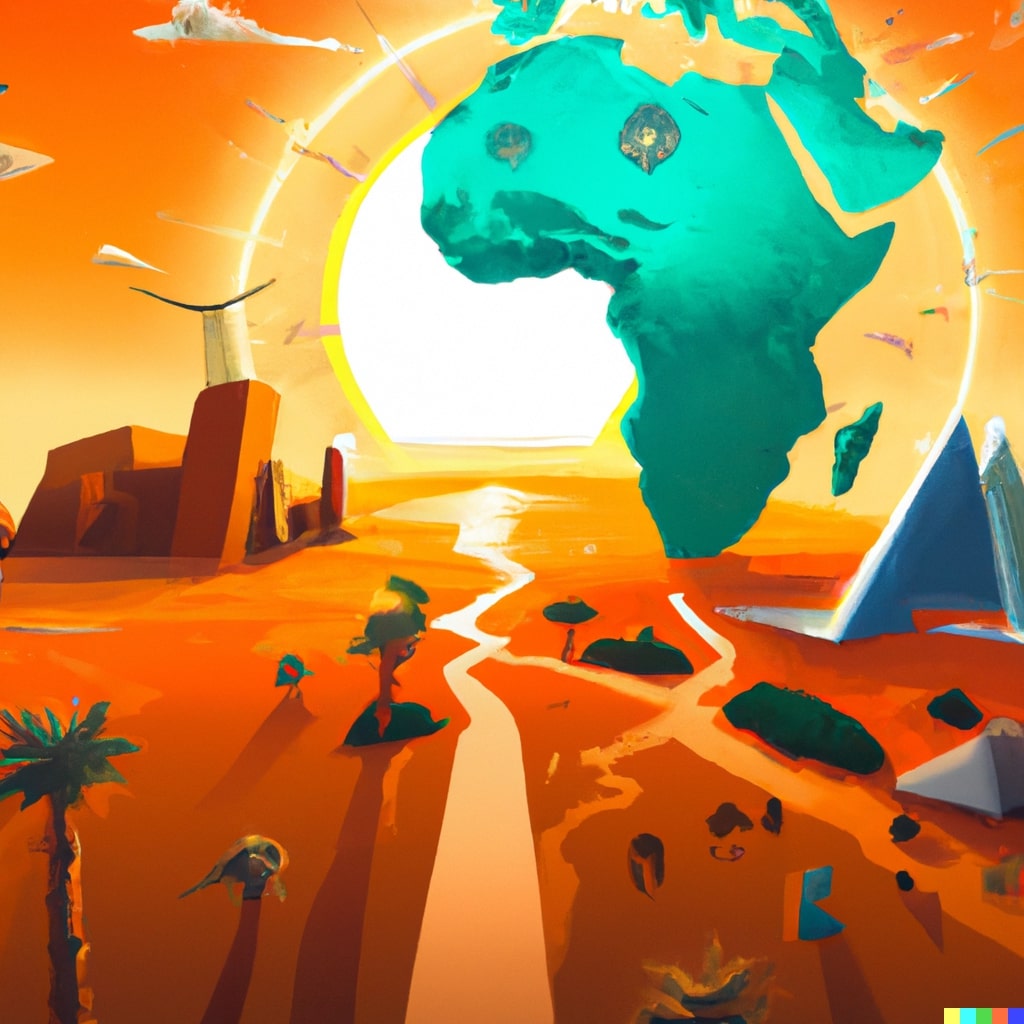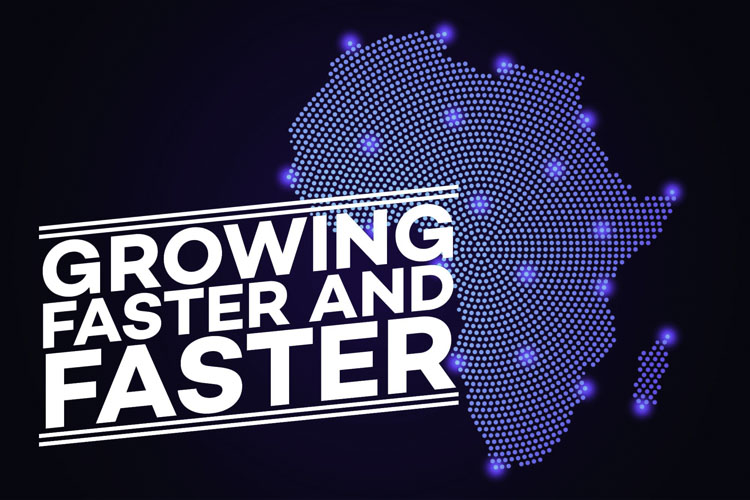Africa will shape our future: by 2050 one quarter of the world population will be African
Africa is having unprecedented demographical growth, which will impact geopolitics, global trade, migration, and almost everything as we know it. In 2022 the global population will surpass 8 billion — which is an increase of 30 % in just twenty years —, but in 2050 it is expected to rise up to 9.5 billion humans on Earth. By then, a young Africa will be home to 25 % of the World’s population
The fertility rates in Europe, North America and East Asia are in most countries below 2.1 birth per woman, a point that enables populations to remain stable at constant mortality rates. Although that, the forecast in some countries such as Italy, South Korea, Japan, and China is to shrink their population, due to a ratio of birth below 2.1 per woman.
In Africa, more than half of 54 nations will increase their two times or even more their population by 2050. Such demographical growth is expected as a consequence of high fertility and improving mortality rates.
A young Africa will be home to a great part of the world’s population
The African continent will be home to at least 25 % of the world’s population in 2050, which means an increase of 15 % since 1950. Such growth is unprecedented: the population of Asia will be incremented 400 % in this period, but Africa’s by 1000%.
Also, the chronic youthfulness in the African continent results in 40 % of all African being children under the age of 15 and most African countries having a median age below 20.
African mothers are expected to have 450 million children in the 2020s, which will rise to 550 million in the 2040’s accounting for a 40% of all the children born in that decade. The low or rapidly declining birthrates will remain the exception in the African continent.
Reimagining Africa in the weight of numbers
The impressive increase in population that is forecasted in the African countries, will imply a reimagining of the African countries and their populations. Also, it will imply a huge impact on geopolitics, technological development, global trade, migration patterns, the world’s dominant religions – almost every aspect of life.



